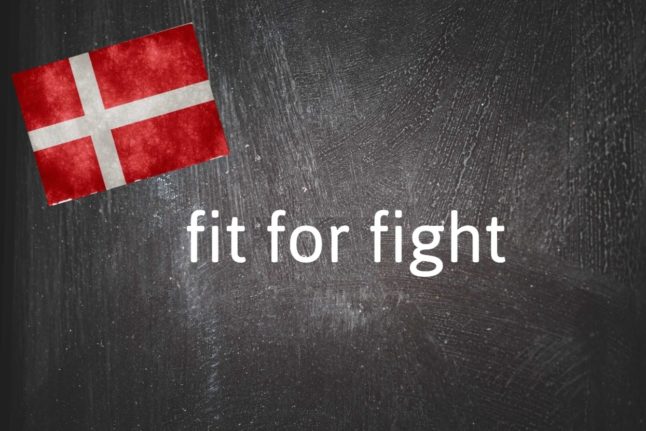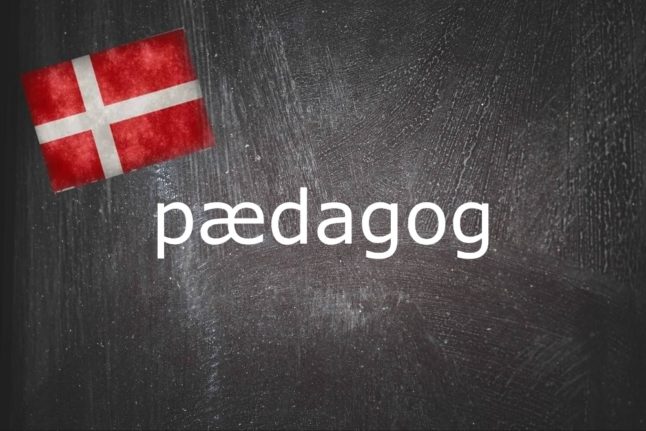What is ‘fit for fight’?
If ‘fit for fight’ doesn’t sound very Danish to you, that’s because there are no Danish words in it — the expression is composed entirely of English words.
So how can it be a Danish expression? Well, it’s only used in the Danish language and if you said it to an English speaker, it might sound a bit jarring or could be misunderstood.
If you say you are ‘fit for fight’ to a Dane, however, they will know exactly what you mean: ready for action, up for the challenge, or even fighting fit.
Why do I need to know ‘fit for fight’?
English-language expressions and words commonly make their way into the Danish language. This can be in their original form, for example “fifty-fifty” or the more recent “download”; or they can be translated, like with rolig nu (“easy now”) or elefanten i rummet (“the elephant in the room”).
‘Fit for fight’ is neither of these, but an expression using English words that probably has its roots in a corruption of a real English expression, namely “fighting fit”.
The concept of ‘Danglish’ — spoken English that is heavily influenced by the speaker’s native Danish — is therefore probably also responsible in part for ‘fit for fight’. Danglish is usually thought of as heavily accented English or sentences with Danish grammatical structure, but here we have a Danish expression that appears to be a manifestation of Danglish.
Examples
Jeg var virkelig sløj i morges, men nu er jeg fit for fight og kommer med til festen.
I felt really unwell this morning, but I’m now fighting fit and coming to the party.
Han virkede ikke særlig fit for fight, men leverede en god præstation i andet sæt.
He didn’t seem fully fit, but put in a good performance in the second set.



 Please whitelist us to continue reading.
Please whitelist us to continue reading.
Member comments